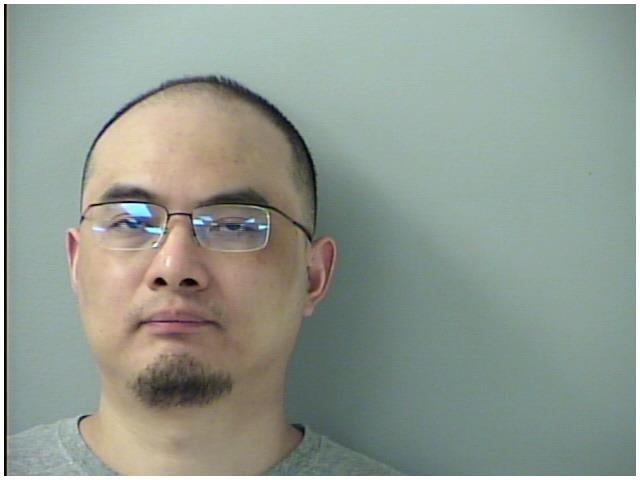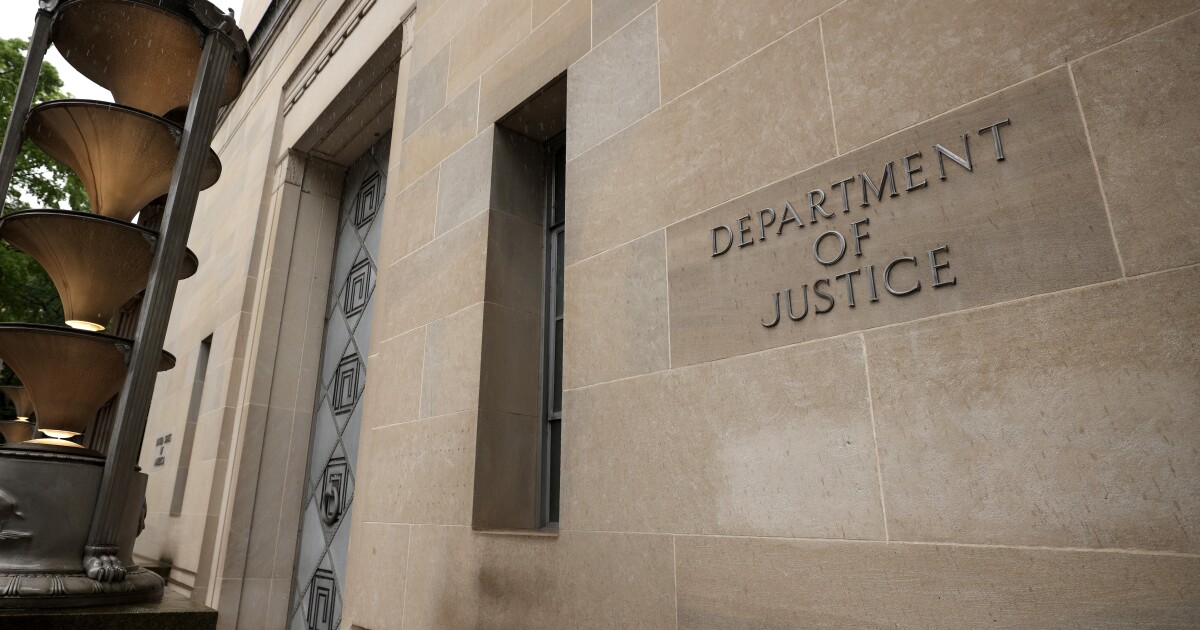


The first Chinese government intelligence officer ever to be extradited to the United States to stand trial was sentenced today in federal court in Cincinnati.
The prolific Chinese spy who tried to steal secrets from US aviation companies has been jailed for 20 years, in a first for the Department of Justice (DoJ).
Yanjun Xu, 42, rose to become deputy division director at the Ministry of State Security (MSS) intelligence agency. However, he was arrested in Belgium in 2018 after being lured there by an FBI agent posing as a GE Aviation employee that Xu was cultivating to provide Beijing with information.

According to court documents, Xu targeted American aviation companies, recruited employees to travel to China, and solicited their proprietary information, all on behalf of the government of the People’s Republic of China (PRC).
Records say , Xu was the first ever Chinese intelligence officer to be extradited to the US, according to the DoJ.
Xu attempted to steal technology related to GE Aviation’s exclusive composite aircraft engine fan module – which no other company in the world has been able to duplicate – to benefit the Chinese state.
In March 2017, a GE Aviation employee in Cincinnati was solicited to give a report at a university in China . The employee traveled to China two months later to present at the university and was introduced to Xu. Xu and others paid the employee’s travel expenses and a stipend.
After the trip to China , the FBI took over communications with Xu , posing as the employee.
GE90 Composite Fan Blades Stator Module Rotation
In January 2018, Xu requested “system specification, design process” information from the employee and – with the cooperation of GE Aviation, who was working with the FBI – the employee emailed a two-page document from the company that included a label that warned about the disclosure of proprietary information.
In February 2018, Xu began discussing with the employee the possibility of meeting in Europe during one of the employee’s business trips and asked the employee to send a copy of the file directory for his company-issued computer.
Xu traveled to Belgium with cash and pictures of the employee on April 1, 2018. He was scheduled to meet with the employee and was arrested at that time.
The Department of Justice’s Office of International Affairs secured Xu’s extradition to the United States, with valuable assistance provided by the government of Belgium, as well as the Belgian Federal Police.
The MSS spy reportedly played a key role in a sophisticated, multi year plot to trade secrets from western aerospace firms that helped the country build its C919 commercial airliner, among other things.
Xu used aliases, front companies and universities to trick aviation employees and solicit information, sometimes recruiting them to travel to China under the guise of giving a presentation at a university, which they were paid for.
“As proven at trial, the defendant, a Chinese government intelligence officer, used a range of techniques to attempt to steal technology and proprietary information from companies based in both the U.S. and abroad,” said Attorney General Merrick B. Garland. "
“Today’s sentence demonstrates the seriousness of those crimes and the Justice Department’s determination to investigate and prosecute efforts by the Chinese government, or any foreign power, to threaten our economic and national security.”
He also worked with colleagues to hack the computers of GE Aviation employees in their hotel rooms while other MSS officials took the staffers out to dinner, according to the DoJ.
In addition, Xu recruited insiders at a French aircraft engine manufacturer’s plant in China who were willing to spy for Beijing, and planted malware on the laptop of a French executive who frequently travelled to the facility.
Xu also directed Chaoqun Ji, who entered the US on an F-1 student visa, to recruit individuals in the US. In 2016 Ji was allowed to join the US army and apparently stated his plan was to obtain top security clearance. He was convicted in 2022.
“This case is just the latest example of the Chinese government’s continued attacks on American economic security – and, by extension, our national security” , said FBI director Christopher Wray.
“The Chinese government tasked an officer of its spy service to steal US trade secrets so it could advance its own commercial and military aviation efforts, at the expense of an American company. This brazen action shows that the Chinese government will stop at nothing to put our companies out of business to the detriment of US workers.”
A federal jury in Cincinnati convicted Xu on all counts: conspiracy to commit economic espionage, conspiracy to commit trade secret theft, attempted economic espionage and attempted trade secret theft.

“This case sends a clear message: we will hold accountable anyone attempting to steal American trade secrets,” said U.S. Attorney Kenneth L. Parker for the Southern District of Ohio. “Xu conspired to steal American science and technology. Thanks to the diligent work of the FBI, GE Aviation and our trial team, he’ll spend decades in federal prison.”
The evidence at trial showed Xu recruited insiders within a French aircraft engine manufacturer’s facility in China who were willing to spy on Xu’s behalf. Xu and his assets targeted a French employee of the company that often traveled to the facility in China for work.
In 2013, Xu directed one of his assets within the company to plant malware on the French employee’s work computer, with the ultimate goal of being able to infiltrate the company’s network in France.
The evidence at trial also showed Xu’s integral role in the installation of the malware, his instructions to destroy the malware, and Xu’s monitoring of the success and cover-up of the operation.
The FBI investigated the case. The Justice Department’s Office of International Affairs and the U.S. Attorneys’ Offices for the Northern District of Illinois and the District of Arizona provided valuable assistance.
